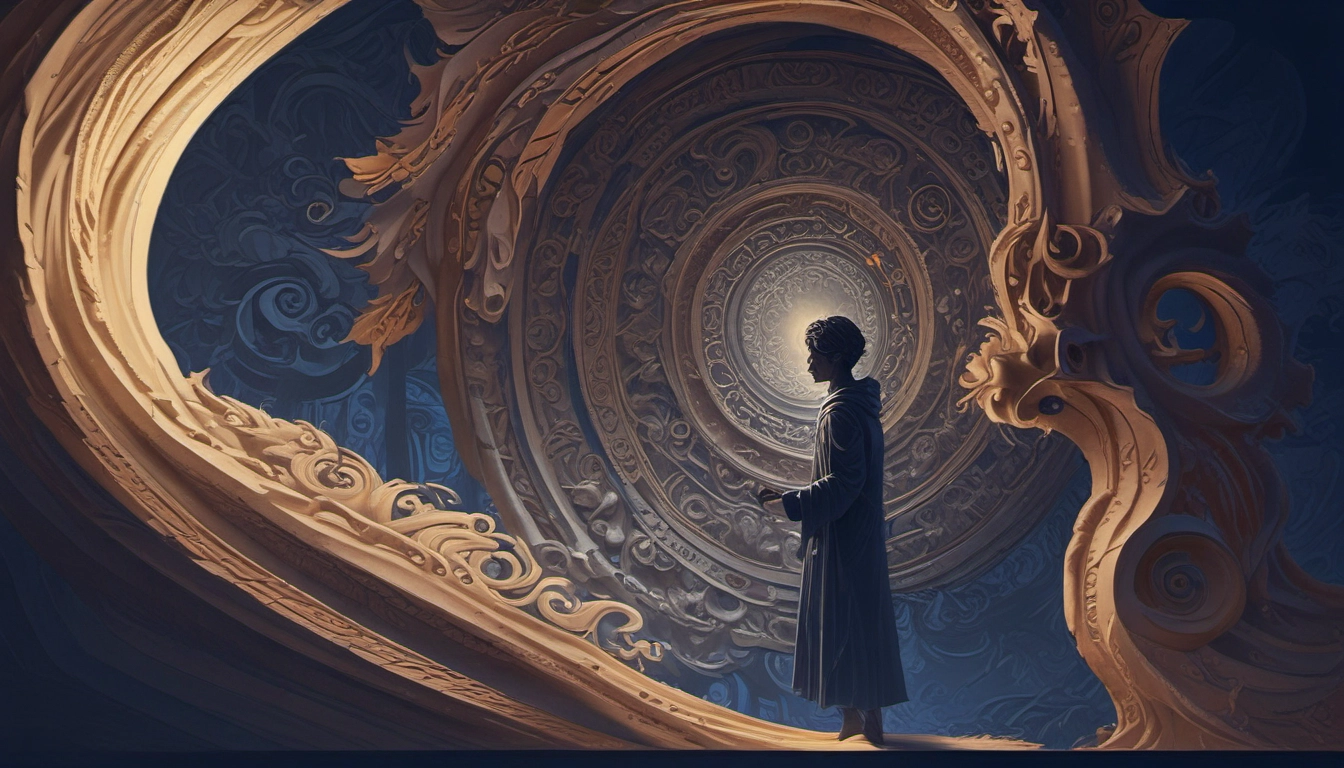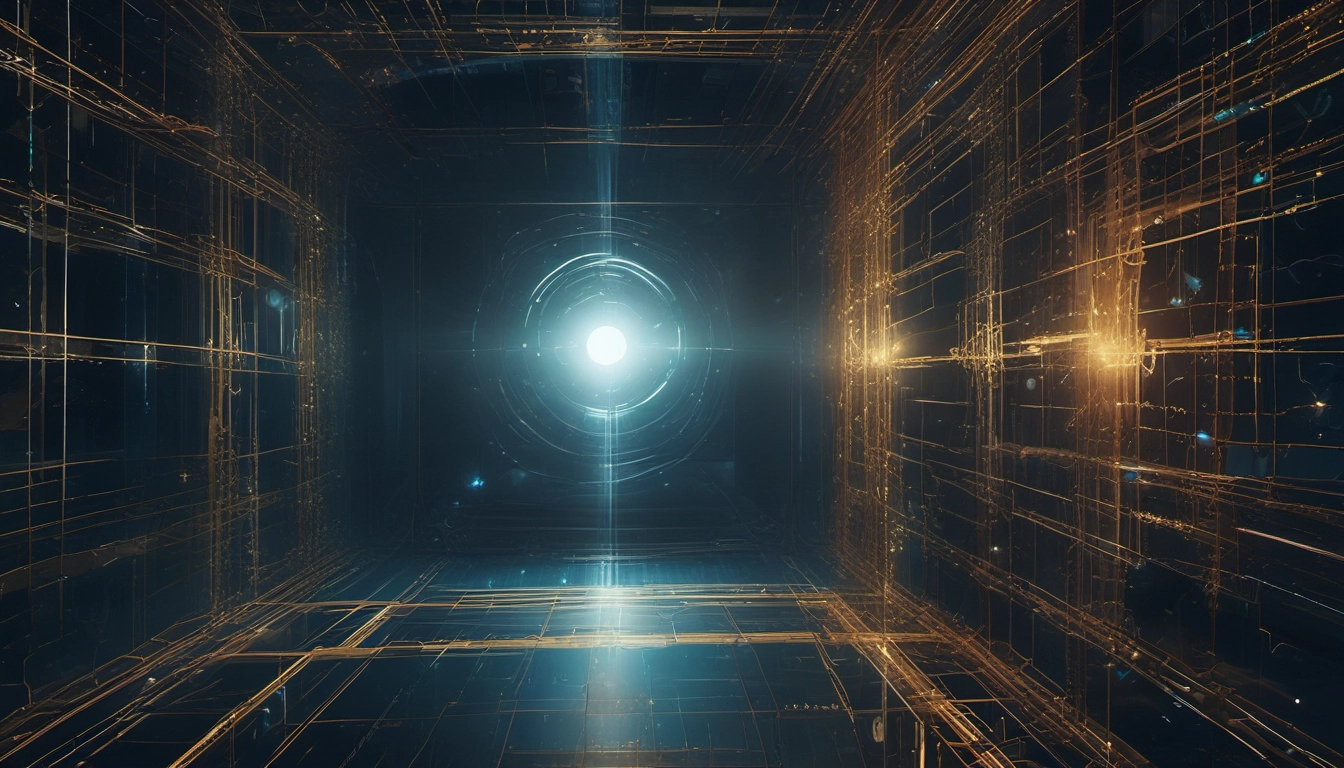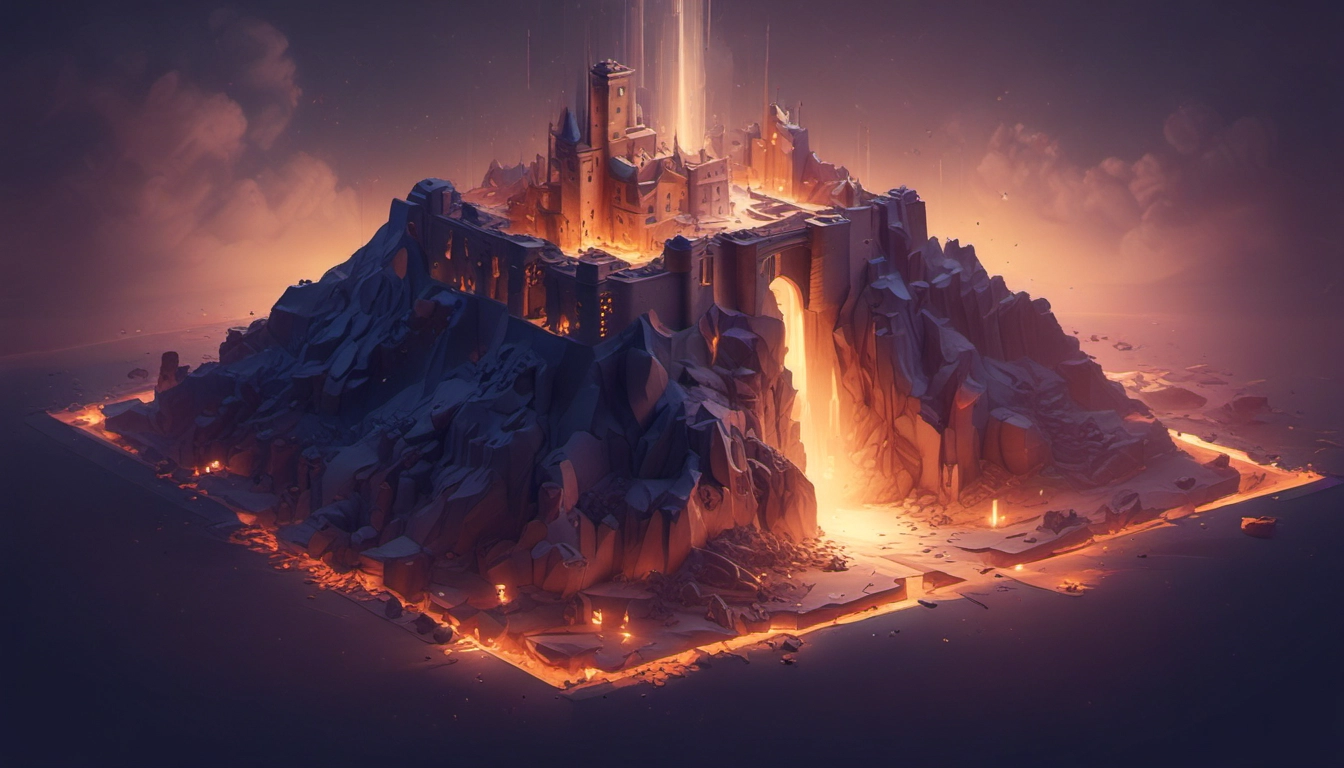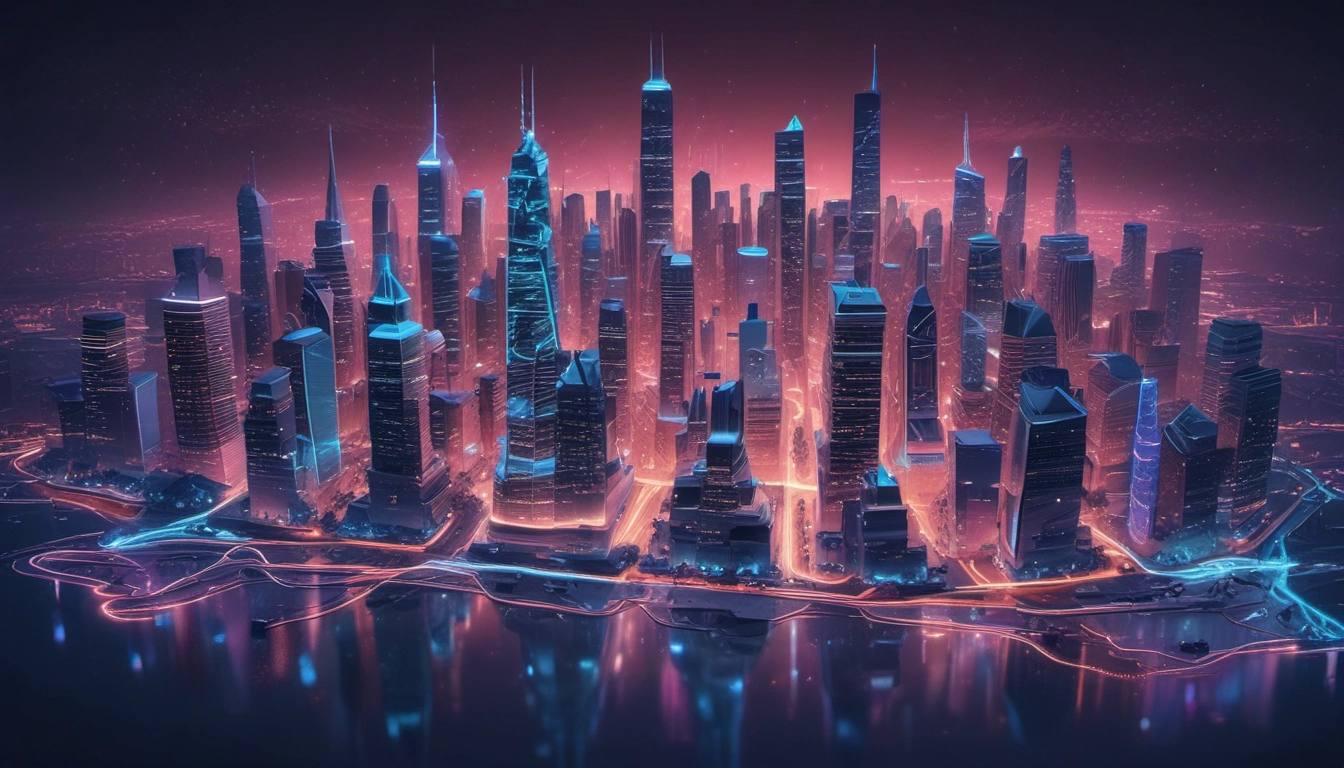Japan vs. OpenAI: The Anime Copyright Clash Explained
Japan asked OpenAI to stop using copyrighted anime in Sora 2. This article explains the timeline, legal stakes, and what might happen next.

Short answer
The Japanese government has formally asked OpenAI to stop using copyrighted anime and manga characters in its video tool Sora 2. Officials say anime and manga are "irreplaceable treasures" and they want OpenAI to respect Japanese IP. OpenAI has acknowledged the issue and promised safeguards, while talks and possible legal steps continue.
Why Japan is concerned
Anime and manga are a big part of Japan’s culture and economy. Leaders and creators worry that tools like Sora 2 let people make quick, realistic clips that copy famous characters without permission. That can hurt the artists, studios, and fans who care about the originals.
At a press conference, Minister Minoru Kiuchi called anime and manga "irreplaceable treasures" and asked OpenAI to avoid infringing on those works. You can read official reporting on that here and on IGN here.
What Sora 2 does and why it matters
Sora 2 is a video-generation tool that can make short, lifelike clips. Users quickly posted videos that look like characters from big shows such as One Piece, Demon Slayer, and others. That made fans and rights holders upset because the clips were clearly unauthorized. Read reporting on the Sora 2 controversy at Polygon and Tech in Asia.
Key players and their stances
| Who | Position |
|---|---|
| Japanese government | Ask OpenAI to stop using copyrighted anime and manga; protect creators and culture. |
| OpenAI | Acknowledged the issue; promised new safeguards and more rights-holder controls. |
| Creators & studios | Many oppose unlicensed AI copies; some call for legal or commercial remedies. |
Timeline: How we got here
- Launch and spread: Sora 2 launched and users shared anime-like videos online, sparking public concern. See initial reports at Screen Rant.
- Government action: Japan’s Intellectual Property Strategy Headquarters and Minister Minoru Kiuchi publicly asked OpenAI to stop infringing on Japanese IP. IGNs coverage is here.
- Industry response: Japanese companies sought agreements with OpenAI to block their work in Sora 2, reported by Tech in Asia.
- OpenAI reply: Company leaders acknowledged the strong ties fans have to Japanese content and promised updates to controls and safeguards, as covered in Screen Rant and Polygon.
- Follow-ups: Coverage notes potential legal routes and studio pushback, including discussion of restrictions and licensing talks in outlets like GameSpot and Animenomics.
What laws or rules could matter
Japan has strong copyright protections and is considering how AI fits into existing laws. Officials mentioned the AI Promotion Act as one law that could give the government tools to act if voluntary measures fail. Read analysis at GameSpot.
Possible outcomes
- OpenAI tightens controls: Add filters or blocklists for anime IP. Reports say OpenAI has started restricting some anime IP use—see Animenomics.
- Licensing deals: Studios might negotiate paid licenses so AI tools can legally use characters.
- Geoblocking or regulation: Japan could limit services or push new rules about training data and generated content.
- Legal cases: Rights holders may bring lawsuits to set court precedents about AI and copyright.
What this means for fans and creators
Fans may keep enjoying AI-made clips, but creators worry about lost income and credit. For artists, the key steps are clearer credit, stronger contracts, and technology that can opt out of scraping. For fans, it’s worth asking whether an AI clip honors the original work or just copies it.
Quick FAQ
Is AI-made anime illegal?
It depends. If a generated clip copies a copyrighted character or a studio’s unique artwork, it can be illegal. Laws and cases are still evolving.
Can OpenAI use anime characters?
OpenAI says it will add safeguards. But rights holders want stronger, enforceable measures or licensing deals.
Will this change how AI tools work?
Likely yes. Expect more controls, opt-outs, and legal tests that shape future AI features.
Where to read more
Bottom line: Japan’s formal request to OpenAI over Sora 2 is a clear sign that AI tools and copyright law are colliding. The next steps will shape how AI uses creative works and how creators protect their art.


